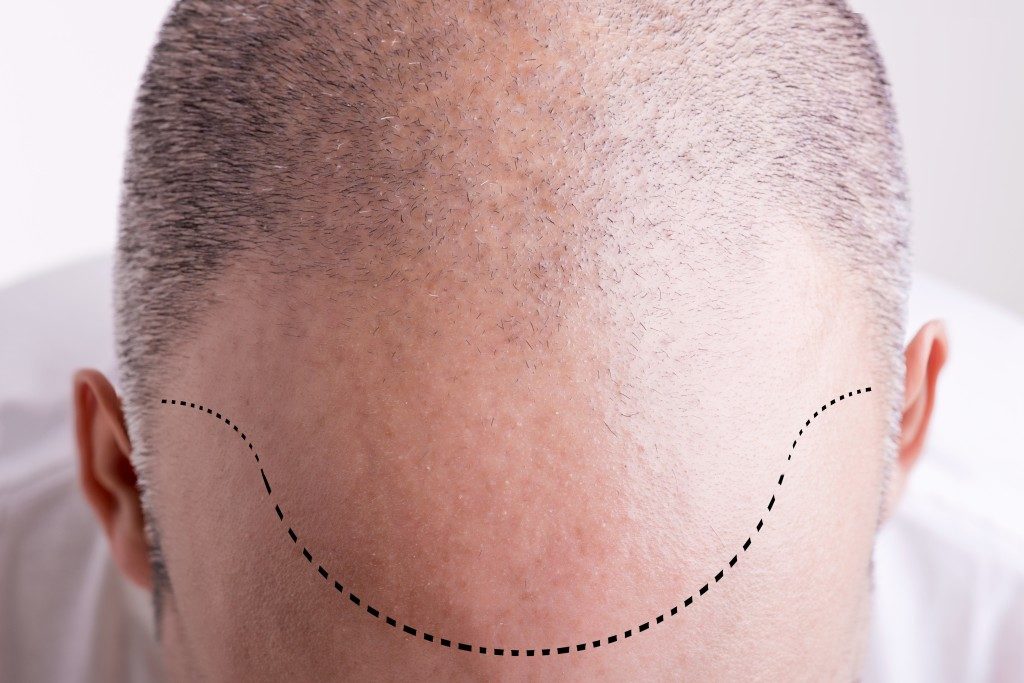If you smoke, you might be aware of some health risks associated with smoking cigarettes. But did you know that smoking can also hurt your oral health? In fact, the Centers for Disease Control and Prevention reports that over 40 percent of adults who smoke also have tooth decay. So, how does smoking affect oral health? Here’s a look at some ways that smoking cigarettes can damage your teeth and gums.
Tooth discoloration
One of the most noticeable ways smoking affects oral health is through discoloration of the teeth, which appears as yellow or brown stains on your oral surfaces. This discoloration comes from cigarette nicotine and tar, which can build up on the teeth over time.
If you smoke, you might notice that your teeth are not as bright as they used to be. You might also have difficulty keeping your teeth clean, no matter how often you brush and floss. That’s because the discoloration can be stubborn and difficult to remove.
If you’re a smoker concerned about the color of your teeth, talk to your dentist about professional whitening treatments that can help brighten your smile. With the proper treatment, you can help undo some staining caused by smoking.
Bad breath
Aside from the cosmetic effects of smoking, it can also affect oral health by causing bad breath. Cigarette chemicals can lead to plaque buildup on your teeth, leading to halitosis.
Smoking can dry out your mouth, which reduces saliva production. Saliva is essential for keeping your mouth clean and free of bacteria. When saliva production gets reduced, it can lead to a condition called xerostomia, or “dry mouth.” It can also lead to bad breath.
While over-the-counter treatments help with bad breath, quitting smoking is the best way to freshen your breath. This way, you can also help reduce your risk of other smoking-related oral health problems.
Increased risk of gum disease
Smoking is also a significant risk factor for gum disease. Gum disease is an infection of the gums that can eventually lead to tooth loss.
Cigarette smoking inhibits the flow of blood to the gums, which makes it more difficult for the gums to fight off infection. In addition, smokers are more likely to develop tartar (a hard deposit of plaque that forms on the teeth), which further increases the risk of gum disease.
Although gum disease is a serious condition, it’s also preventable and treatable. Good oral hygiene habits, like brushing twice a day and flossing daily, can help reduce your risk of gum disease. Doing so can also help keep your teeth and gums healthy.
Tooth Decay
While plenty of sugary drinks and snacks contribute to tooth decay, smoking is also a primary culprit. The nicotine in cigarettes can make your teeth more susceptible to decay.
When you smoke, deposits of nicotine and tar stick to your teeth. These deposits can lead to a condition called “smoker’s calculus,” which is difficult to remove with brushing and flossing. A smoker’s calculus can cause tooth decay.
If you have tooth decay, your dentist can treat it with a filling or another type of dental restoration. However, many opt for preventive measures, like fluoride treatments, to help reduce the risk of tooth decay. Either way, it’s essential to see your dentist regularly. This way, they can identify and treat any oral health problems you may have.

Tooth Loss
The integrity of your teeth depends on a strong foundation of bone and gum tissue. Unfortunately, smoking can damage these tissues and lead to tooth loss.
Cigarette smoke contains chemicals that can break down your mouth’s bones and connective tissues. While you may not experience any symptoms in the early stages of gum disease, the condition can eventually progress and lead to tooth loss. As a result, smokers are more likely to experience tooth loss than nonsmokers.
If you’ve already lost teeth, you need a quality teeth replacement to help you eat, speak, and smile confidently. You can choose from several options, like dentures, implants, and bridges. Depending on your condition, your dentist can help you pick the best replacement option for your needs.
Smoking cigarettes takes a toll on your whole body—including your mouth. If you smoke, you’re at increased risk for oral health problems. The above are only some ways smoking can affect oral health. While some effects are cosmetic, others can cause serious health problems. So, being proactive about your oral health is crucial, especially if you smoke. Be sure to see your dentist regularly and practice good oral hygiene habits. This way, you can help reduce your risk of developing smoking-related oral health problems.







